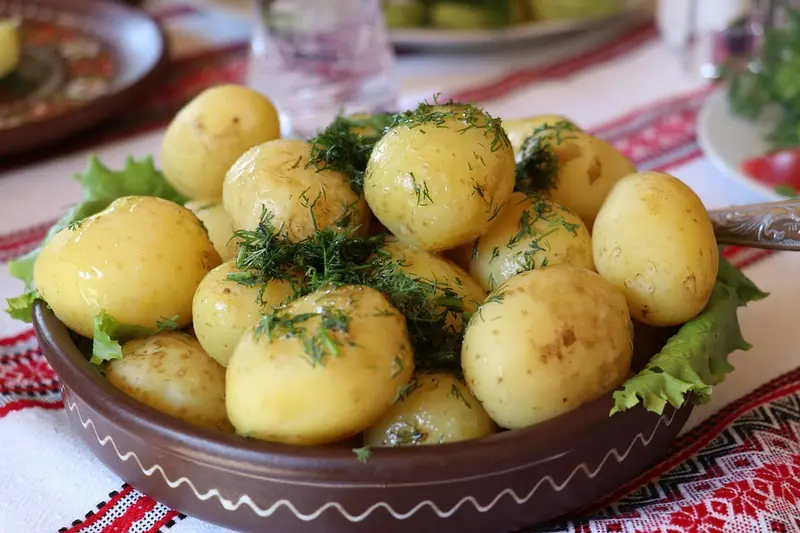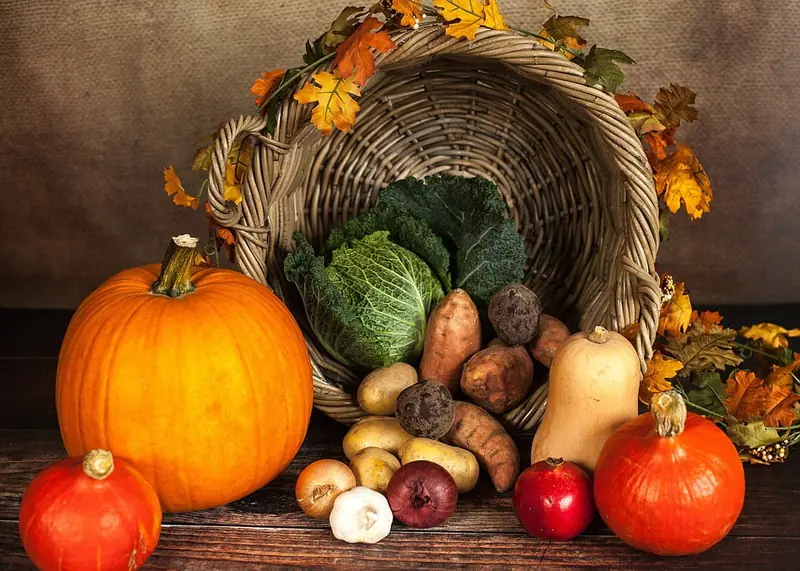
A team of researchers from Montefiore Medical Center in New York compared the nutritional benefits of popular carbohydrate-rich foods: rice, potatoes, and bread.
Previously, health enthusiasts often placed these foods on the same pedestal, considering both their positive and negative attributes. However, as Dr. Keith T. Ayub, a pediatric dietitian and the study’s lead, pointed out, these carbohydrate sources are not interchangeable. They have “different profiles of vitamins and nutrients.”
Moreover, potatoes not only contain fewer carbohydrates than rice and whole grain bread, but they are also a vital source of potassium, fiber, and vitamins, as reported by the Daily Mail. This vegetable is quickly digested and provides the body with essential energy.
What the Researchers Discovered
The scientists compared the nutrient content in common American dishes and found that swapping a serving of bread or rice for a serving of potatoes twice a day could increase potassium levels by 21 percent, vitamin C by 11 percent, and fiber by 10 percent. According to experts, this could even lower the risk of developing colorectal cancer.
The team cited statistics indicating that about 95 percent of the adult population in the U.S. does not consume enough fiber, which is crucial for healthy digestion.
Additionally, according to The American Journal of Clinical Nutrition, 98 percent of the population fails to get adequate potassium, a mineral that is extremely important for muscle function and regulating blood pressure.
 In the study, Dr. Ayub and his colleagues compared the amounts of potassium, fiber, and vitamins B6 and C in a medium-sized potato, white rice, and whole grain bread. They calculated the differences in nutrients between these three foods across two typical meals and also assessed the overall daily differences.
In the study, Dr. Ayub and his colleagues compared the amounts of potassium, fiber, and vitamins B6 and C in a medium-sized potato, white rice, and whole grain bread. They calculated the differences in nutrients between these three foods across two typical meals and also assessed the overall daily differences.
Potatoes excelled in potassium, fiber, and vitamin B6 content, which is essential for vascular health.
The study’s results, published in the journal Frontiers in Nutrition, specifically showed that a medium-sized potato contains 15 percent of the daily recommended intake of potassium, while whole grain bread contains only three percent.
More Conclusions
Furthermore, a medium-sized potato provides 30 percent of the recommended daily intake of vitamin C, while whole grain bread has none.
Thus, as Dr. Ayub concluded, potatoes are more nutrient-dense than white rice or bread. However, his team did not examine the nutrient content of brown rice in this study.
 Despite the proven advantages of potatoes, the scientists did not recommend relying solely on them for nutrition; instead, they advised incorporating a variety of starchy vegetables into the diet. These include corn, legumes, carrots, sweet potatoes, yams, and squash.
Despite the proven advantages of potatoes, the scientists did not recommend relying solely on them for nutrition; instead, they advised incorporating a variety of starchy vegetables into the diet. These include corn, legumes, carrots, sweet potatoes, yams, and squash.
When choosing potatoes as a side dish, it’s important to remember that they won’t aid in weight loss and should not be overconsumed by individuals with elevated blood sugar levels.
